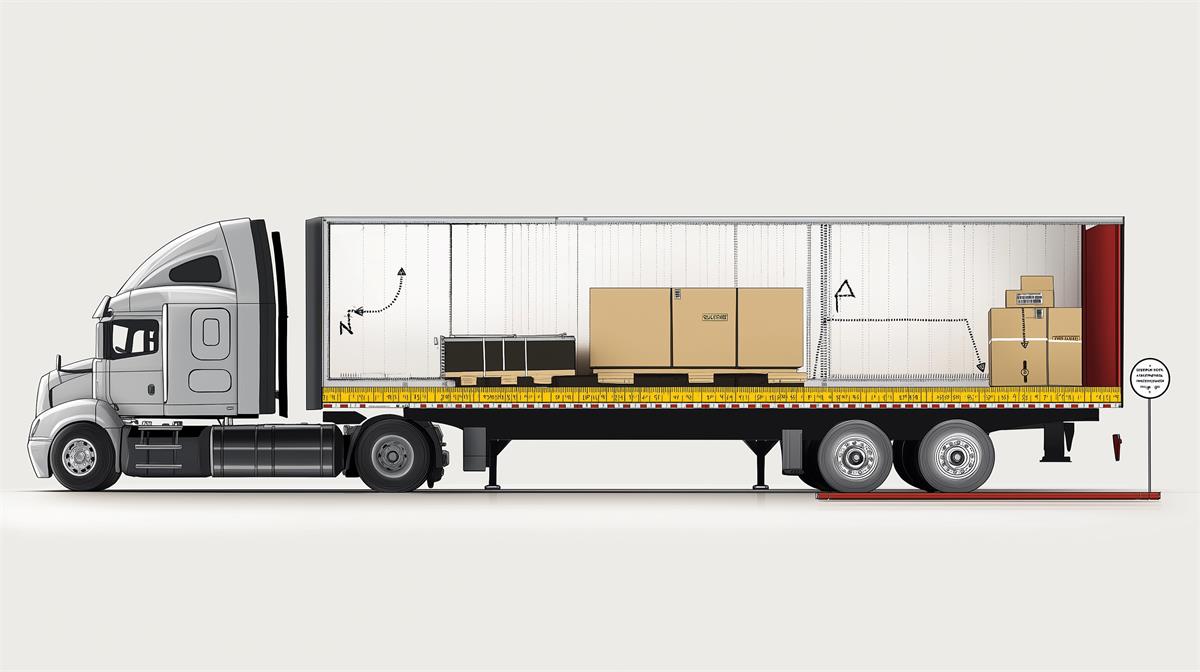In today's competitive marketplace, small businesses often struggle with the complexities of international shipping. Balancing affordable shipping costs with reliable delivery times can be a significant hurdle, especially for those with limited shipping volume. This is where consolidated shipping emerges as a highly effective solution. By grouping multiple shipments into one, small businesses can significantly reduce their freight costs, improve overall efficiency, and optimize their shipping solutions.
What is Consolidated Shipping?
Consolidated shipping, also known as groupage, involves combining several smaller shipments from different companies into one larger shipment. By consolidating freight, businesses can share the costs of shipping with other companies that are sending products to the same destination. This strategy allows smaller businesses to ship efficiently without needing to fill an entire container on their own.
Benefits of Consolidated Shipping for Small Businesses
>>> Freight Cost Reduction
One of the most significant advantages of consolidated shipping is the potential for freight cost reduction. Since the shipping costs are divided among multiple businesses, small companies can access lower rates typically reserved for larger shipments. This savings can be passed on to customers or reinvested in the business, helping small enterprises remain competitive in a global marketplace.
>>> Increased Flexibility and Shipment Frequency
For businesses that ship smaller quantities of goods, waiting to accumulate a full container load (FCL) can delay shipments and cause inefficiencies. Consolidation allows these companies to ship smaller volumes more frequently, ensuring that customers receive their products faster. This increased frequency can lead to higher customer satisfaction and more flexibility in inventory management.
>>> Better Space Utilization
With consolidated shipping, small businesses don’t have to worry about paying for unused space in a container. Since multiple shipments are combined, the space is maximized, and companies only pay for the space their goods occupy. This optimization leads to further savings and more efficient use of shipping resources.
>>> Environmental Benefits
Consolidating shipments also leads to fewer trucks, planes, and ships in transit, which can help reduce the carbon footprint of global shipping operations. By maximizing container space, fewer vehicles are required, which contributes to a more sustainable shipping solution—a growing concern for businesses and consumers alike.
>>> Simplified Customs Clearance
When shipping internationally, customs clearance can be a complicated and time-consuming process. Consolidated shipments typically pass through customs together, which can streamline the clearance process and reduce delays. Additionally, freight forwarders often manage the paperwork and documentation, providing small businesses with peace of mind and more time to focus on other areas of their business.
>>> Choosing the Right Freight Forwarder for Consolidated Shipping
Selecting the right freight forwarder is crucial for small businesses looking to leverage consolidated shipping. A forwarder with expertise in consolidation can help small businesses navigate complex logistics, manage the consolidation process, and ensure that goods are shipped efficiently. With All Forward’s digital freight forwarding platform, small businesses can access different shipping options, compare carrier rates, and choose the best shipping options to reduce costs and improve efficiency.


